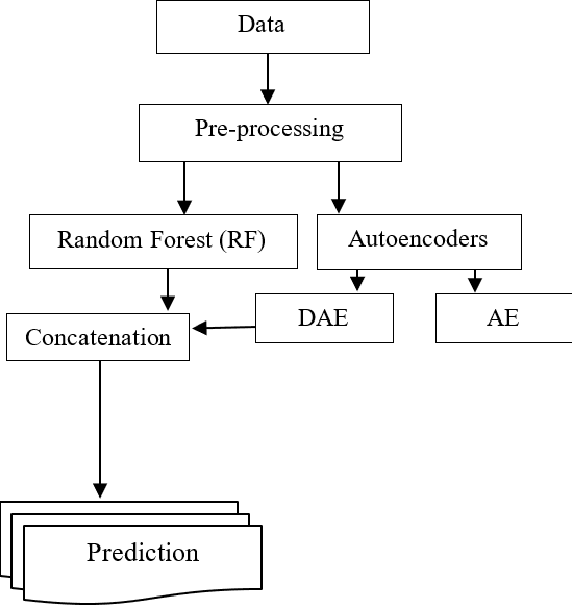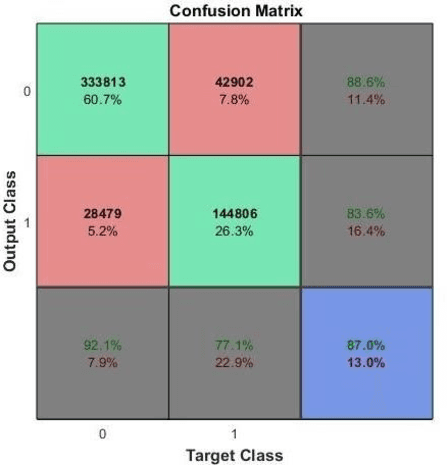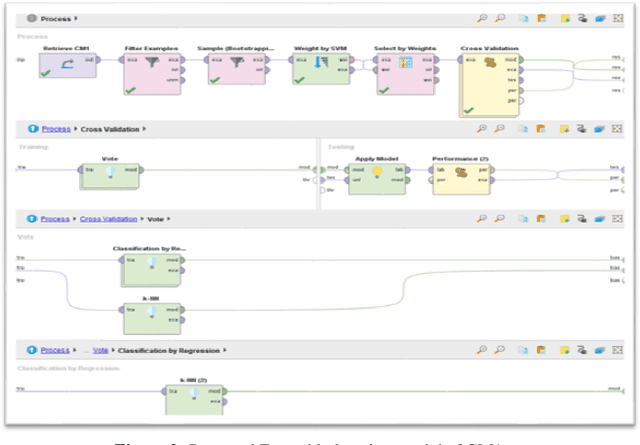Muhammad Abbas
Extracting Signals of Higgs Boson From Background Noise Using Deep Neural Networks
Oct 16, 2020


Abstract:Higgs boson is a fundamental particle, and the classification of Higgs signals is a well-known problem in high energy physics. The identification of the Higgs signal is a challenging task because its signal has a resemblance to the background signals. This study proposes a Higgs signal classification using a novel combination of random forest, auto encoder and deep auto encoder to build a robust and generalized Higgs boson prediction system to discriminate the Higgs signal from the background noise. The proposed ensemble technique is based on achieving diversity in the decision space, and the results show good discrimination power on the private leaderboard; achieving an area under the Receiver Operating Characteristic curve of 0.9 and an Approximate Median Significance score of 3.429.
A Novel Multiple Ensemble Learning Models Based on Different Datasets for Software Defect Prediction
Aug 30, 2020



Abstract:Software testing is one of the important ways to ensure the quality of software. It is found that testing cost more than 50% of overall project cost. Effective and efficient software testing utilizes the minimum resources of software. Therefore, it is important to construct the procedure which is not only able to perform the efficient testing but also minimizes the utilization of project resources. The goal of software testing is to find maximum defects in the software system. More the defects found in the software ensure more efficiency is the software testing Different techniques have been proposed to detect the defects in software and to utilize the resources and achieve good results. As world is continuously moving toward data driven approach for making important decision. Therefore, in this research paper we performed the machine learning analysis on the publicly available datasets and tried to achieve the maximum accuracy. The major focus of the paper is to apply different machine learning techniques on the datasets and find out which technique produce efficient result. Particularly, we proposed an ensemble learning models and perform comparative analysis among KNN, Decision tree, SVM and Na\"ive Bayes on different datasets and it is demonstrated that performance of Ensemble method is more than other methods in term of accuracy, precision, recall and F1-score. The classification accuracy of ensemble model trained on CM1 is 98.56%, classification accuracy of ensemble model trained on KM2 is 98.18% similarly, the classification accuracy of ensemble learning model trained on PC1 is 99.27%. This reveals that Ensemble is more efficient method for making the defect prediction as compared other techniques.
 Add to Chrome
Add to Chrome Add to Firefox
Add to Firefox Add to Edge
Add to Edge